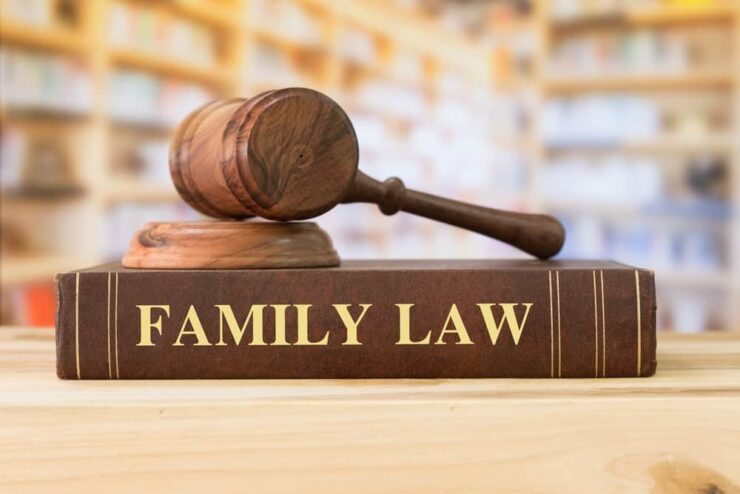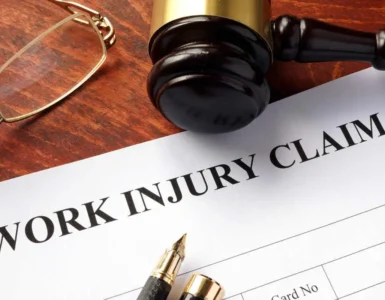For many people, resolving family law issues out of court is the first and only option they have. This is because they don’t want to get embroiled in a messy, expensive legal battle. However, this isn’t always the best option. In this article, we will explore the pros and cons of resolving family law issues out of court. We will also provide some tips on how to choose the right lawyer if you decide to go that route.
Pros of Resolving Family Law Issues Out of Court

There are a few pros to resolving family law issues out of court.
- First, it can be less expensive than going to court.
- Next, it can provide a quicker resolution to the issues at hand.
- Finally, there is typically less stress involved in resolving a family law issue out of court than going to court.
Cons of Resolving Family Law Issues Out of Court
There are also a few cons to resolving family law issues out of court.
- Sometimes, resolving a family law issue out of court can be difficult. For example, if there is a lot of emotion involved, resolving the issue may be more difficult than if it were just a legal matter. That is why a divorce lawyer can be a very helpful option.
- Another downside is that it can sometimes be less fair. Legal proceedings are often very formal and objective, whereas disagreements between couples can often be more emotional and subjective. This can lead to different outcomes in legal settlements than if the issues were resolved through traditional legal means.
- Last, but not least, resolving a family law issue out of court may lead to more resentment down the road. If one spouse feels like they were not given an equal voice in the decision-making process, this may lead to tension and conflict in the future. A good lawyer can help to minimize this risk.
How to Decide What is Best for You?

As we said before, there are pros and cons to resolving family law issues out of court. Here are five tips to help you decide whether or not this is the best option for you and your family.
- Consider your goals. Do you want to resolve the issue quickly, inexpensively, or with minimal stress?
- Consider your options. If you choose to go through a formal legal process, there are a number of possible outcomes: the case could be resolved without a trial (a settlement), it could go to trial and result in a judgment (a verdict), or it could be dismissed altogether (a plea agreement).
- Research the available options. Be sure to ask around, consult with friends and family members, and read up on the different processes available before making a decision.
- Think about your time commitment. Are you willing to devote time and energy into resolving this matter? It may be worth it if you feel like going through litigation will result in more negative consequences down the road (such as increased debt, loss of assets, etc.).
- Discuss your options with a lawyer beforehand if you have concerns about any potential risks involved in taking any step forward (such as getting involved in a costly legal battle). A lawyer can provide guidance and help protect your rights while ensuring that any final resolution is fair for both parties. With the help of a skilled divorce lawyer, you can increase your chances of winning your case and achieving a favorable outcome that meets your needs and protects your rights.




























